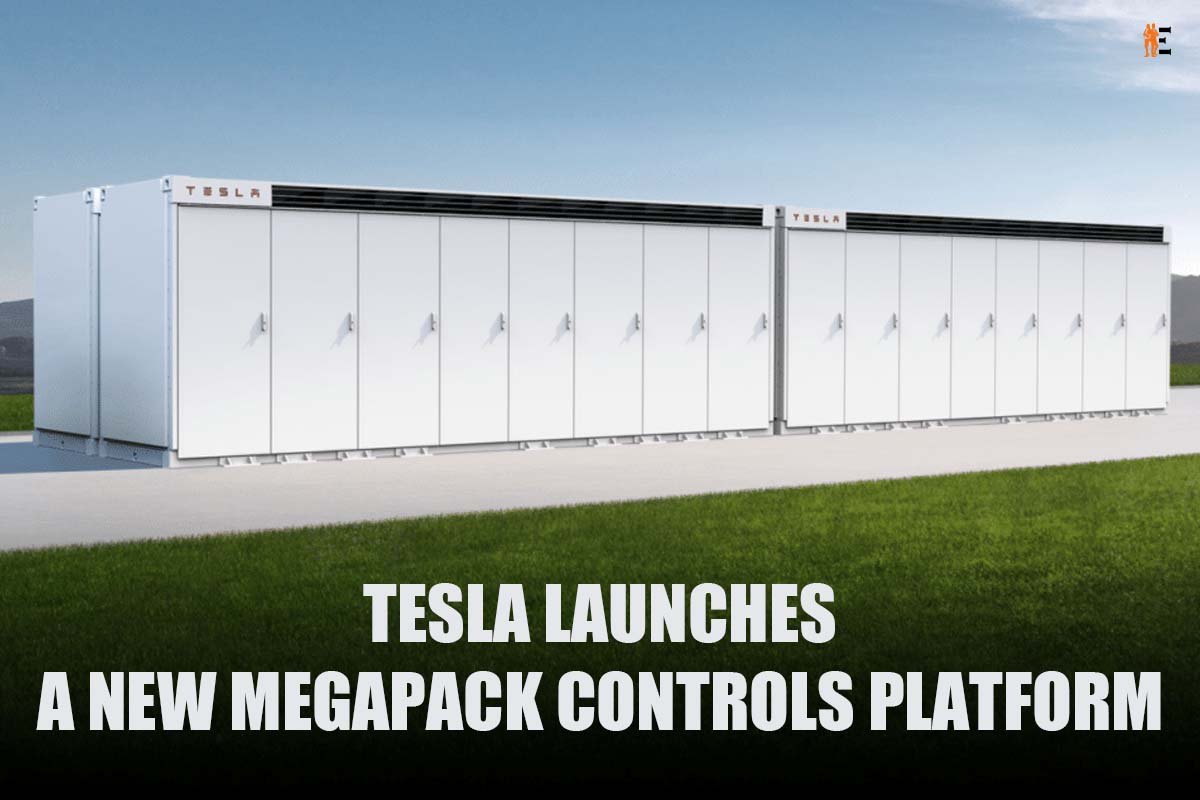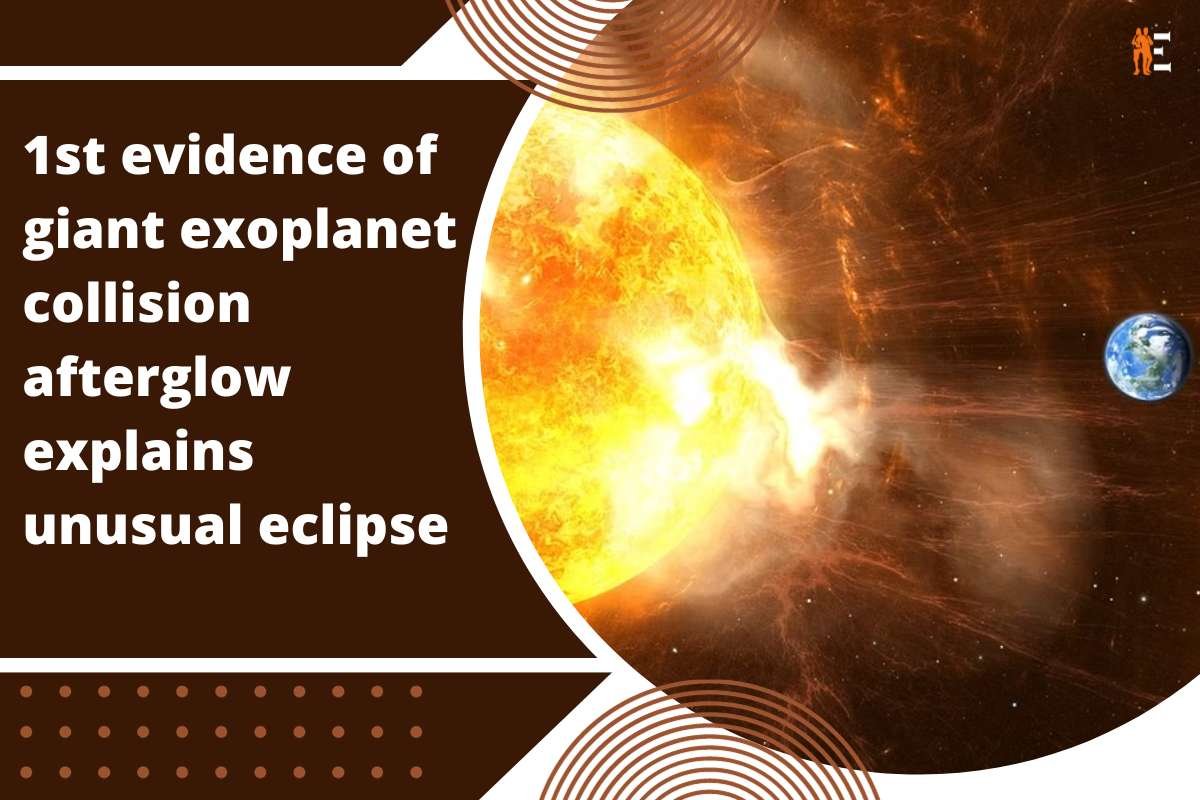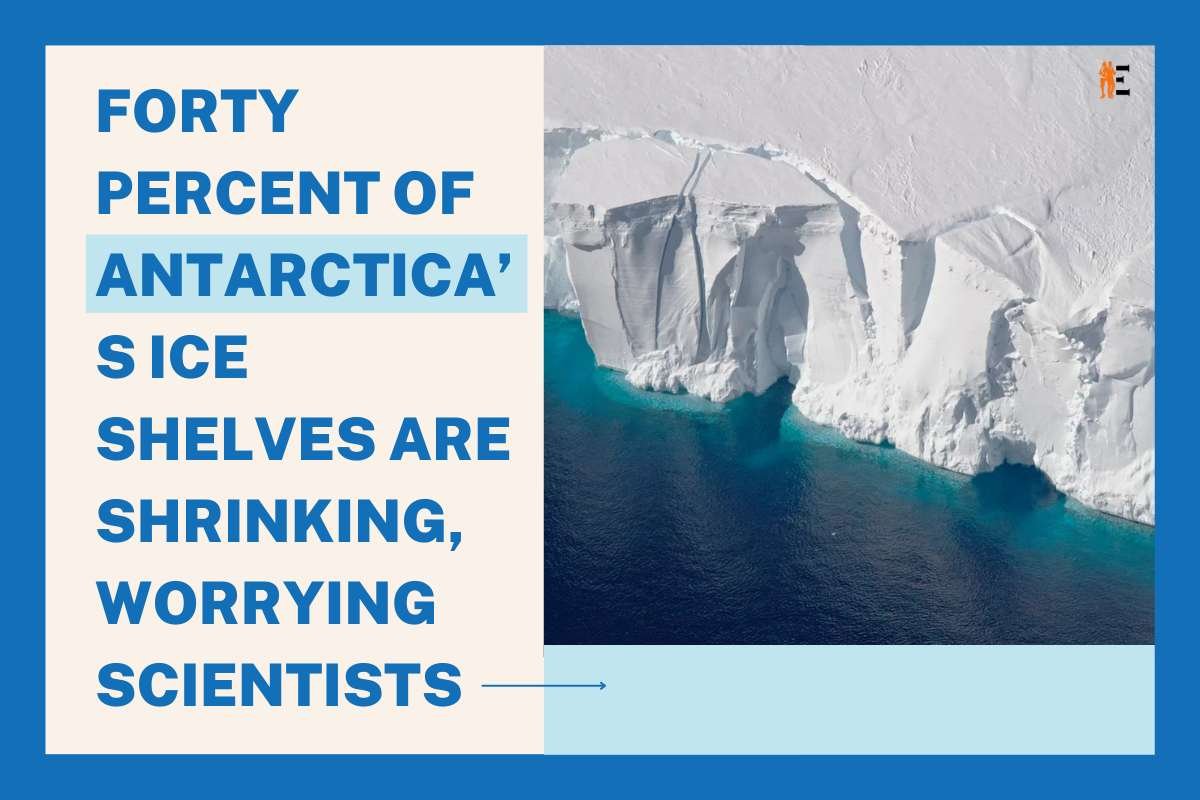Tesla recently unveiled its “next-gen Megapack controls platform,” which the company claims makes it possible to construct and commission large-scale energy storage systems more quickly than its rivals. For electric utilities wishing to implement large-scale energy storage, whether to stabilize the grid or maximize the use of renewable energy, Megapack has emerged as the go-to battery technology.
The battery system has gained popularity because of its low cost, simplicity in deployment, and wide availability, but these qualities are not just a result of Tesla’s skill in producing battery pack hardware. Indeed, we have previously seen Megapack customers using Tesla’s energy storage software platforms like Autobidder and Powerhub.
A Game Changer
Recently, it has come to light that Tesla is implementing a brand-new ‘Megapack controls platform,’ which one engineer describes as a game-changer that will allow customers to make significant savings. Chris Bowman, a senior staff product manager at Tesla who oversees the software and firmware for platforms for battery energy storage, posted on LinkedIn,
“Gigawatt scale battery and hybrid renewable plant deployment is sped up and made less risky with the help of our next-generation Megapack controls platform and our leading controller-hardware-in-the-loop test services (our “CHIL” platform). This is significant because repeatedly, our rivals’ failure to successfully commission control systems results in multi-million dollar losses and 3- to 4-month project delays.”
The platform, according to the Tesla engineer, enables speedier and easier deployment and commissioning, which is crucial because delaying turning on the batteries can cause serious losses in large-scale projects, which are frequently worth more than $100 million.
Covering the Backlog
Tesla significantly increased output at its Megafactory in California and just unveiled a second Megafactory in Shanghai as part of its Megapack strategy. More than ten times as much energy storage capacity as Tesla will have installed in 2022 will be produced by the two plants when they are fully operational and producing 80 GWh of Megapacks annually. Tesla now has a backlog of orders for the Megapack that dates back two years.











